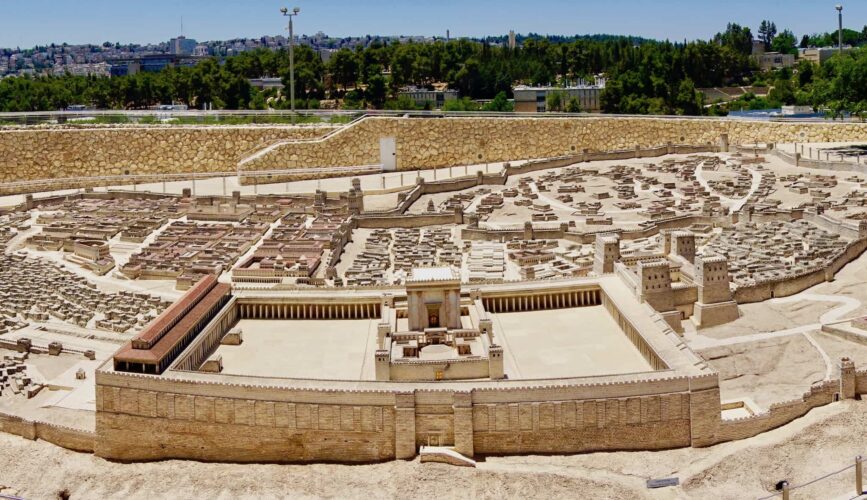What are the three views of the New Covenant in Dispensationalism
Dr. Ryrie teaches that there are two New Covenants. The New Covenant promised in Jeremiah 31 is only for Israel, not for the church. It has not been inaugurated on Christ’s first advent (Rom 11:26-27) but will be inaugurated and fulfill to Israelites in the millennium kingdom. Christ inaugurated another New Covenant with the NT believers. It is not the same as the Jeremiah 31 New Covenant. Ryrie reasoned that because the Lord’s Supper is a Christian ordinance, consisting of both gentiles and Jews, the New Covenant the Lord inaugurated in the upper room cannot be the New Covenant promised by God in Jeremiah 31. The intent of the Hebrews chapter eight’s quote of Jeremiah 31 is not to prove that NT believers have received the Jeremiah 31’s New Covenant. It is to support that since the Jews will have a New Covenant, then it is not a surprise that there is also a New Covenant for NT believers, which is also called the better covenant in Hebrew 8 (Ryrie, 1953, p. 124-125).
Dr. Pentecost teaches that there is only one New Covenant, which God promised to make with Israel (Jer 31:31). In the upper room, Christ inaugurated the New Covenant with Israel, not NT believers. However, the church received certain benefits of the New Covenant because of the blood of Christ. The benefits are the forgiveness of sins and the indwelling of the Holy Spirit. The national and land blessings will be fulfilled to the Israelites in the millennium (Pentecost, 1995, p. 174-175).
I hold the progressive dispensationalist’s view. Blaising and Bock teach that there is only one New Covenant. The New Covenant Christ inaugurated at the upper room is the same New Covenant promised by God in Jeremiah 31. Christ expanded the New Covenant to include His church, consisting of the remnant Israel and the believing gentiles, for He said “this is my blood of the covenant, which is poured out for many for the forgiveness of sins” (Matt 26:28). Paul taught that NT believers are ministers of the New Covenant, and he contrasted the New Covenant with Mosaic Covenant (2 Cor 3:4-18). Christ, the high priest, and the sacrificial lamb of God is the mediator of the New Covenant and the Church (Heb 8:6). He does away with the old covenant and established the New Covenant with His blood. The NT believers have been sanctified positionally through the offering of the body of Christ once for all (Heb 10:10). The blessings covenanted to Abraham come to the church as the inaugurated blessing of the New Covenant mediated by Christ, the Davidic king. The spiritual blessings of the New Covenant are currently being dispensed to the church in this dispensation. Nevertheless, the establishment of the New Covenant with the NT believers does not nullify God’s promise to the Israelites. Therefore, the New Covenant will be fully fulfilled to the Israelites in the next dispensation, the millennium. (Blaising and Bock, 2000, p. 206-211).




发表评论